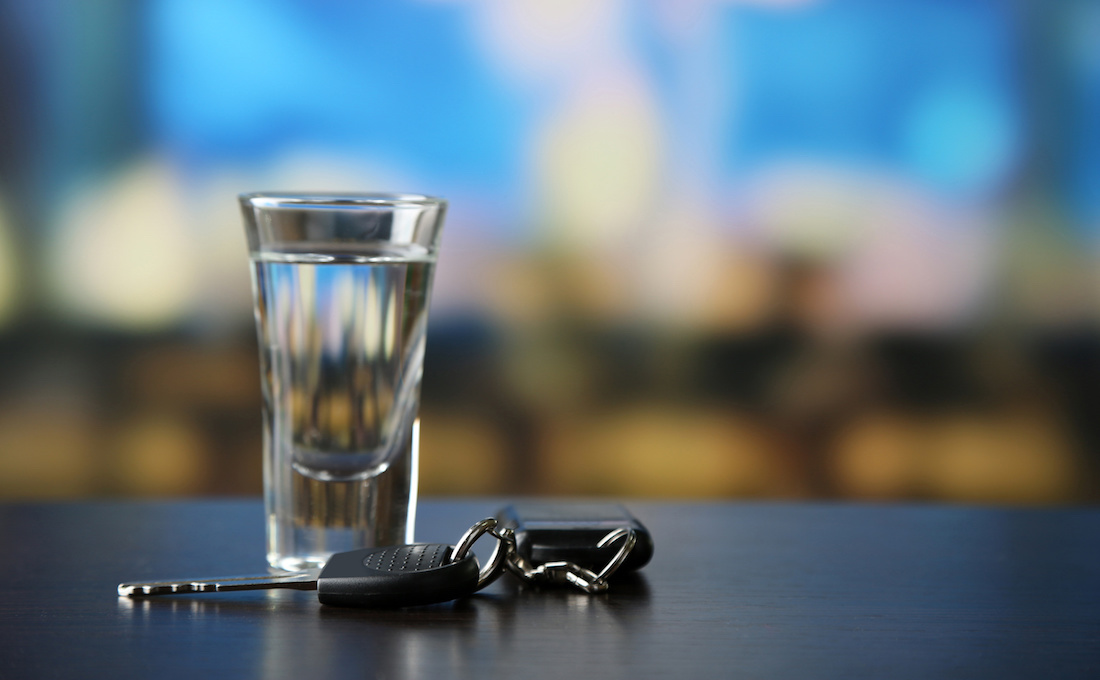
05 Aug Guilty without exceeding the legal limits for alcohol or drugs while driving?
Did you know that you can be convicted of impaired driving even if your blood alcohol level (BAC) is within the legal limits for alcohol and drugs? That’s right! Most people who come to see me have trouble understanding this concept. How is it possible to be convicted of impaired driving if the tests show either a blood alcohol level, a blood drug level, or a combination of the two that is below the legal limit?
Simply because section 320.14 (1) a) of the Criminal Code states that if you drive while impaired by alcohol or drugs, it’s criminal. In other words, no matter how much alcohol or drugs you have consumed, if that consumption has contributed to your impairment and you drive or have the care and control of a vehicle, it’s criminal. To put it simply, the person who looks tipsy after just one glass of alcohol is just as criminal as the person who shows no symptoms but whose blood alcohol level (above the legal limit) reveals a drunken night out.
What are the symptoms or circumstances that can be taken into account to evaluate if someone is impaired?
Here are just a few examples of symptoms often encountered in cases of alcohol or drugs while driving: accidents, questionable or illegal driving maneuvers, red or glassy eyes, pasty mouth, language or comprehension problems, difficulties in handing in documents, balance or gait problems, and mood swings. Of course, these symptoms can be explained by factors other than alcohol or drug use, such as fatigue, illness, clumsiness, incompetence, or poor vehicle mechanics. These additional causes could also be taken into consideration during the evaluation.
Can you be convicted of impaired driving if you drive when you should be going to bed, even if you haven’t had anything to drink?
Many people think so. This popular belief is false. You can’t be convicted of this offence even if you show symptoms of impairment if you haven’t consumed alcohol or drugs (but perhaps another offence such as dangerous driving). Do I need to add that it’s much better not to get behind the wheel when you’re too tired?
If you are facing an impaired driving charge, consult a lawyer to assess your chances of acquittal.

